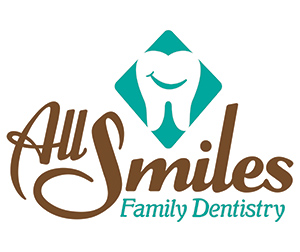You’re just moving to a new dental practice, and you’ve heard that there are dental associates in Seattle. This isn’t something you’ve dealt with at your previous place. At least, you haven’t heard the term. What does “dental associate” mean and how does it differ from the dentist you’ve seen in the past?
Dental associate isn’t a term to fear. It doesn’t mean you’re getting less care from the practice. Here’s everything you need to know about the term “dental associate.”
Dental Associates in Seattle Don’t Own the Practice
The only difference between a dental associate and a dentist is whose name is on the door. Think of it in terms of a law practice. You’ll have heard of “named partners” and “associates.” The named partners have their names on the door, and the associates work for the law firm. This is the same with dental associates.
The dentists have their names on the door. The dental associates are employed by the dentist. They still go through all the same training, but they’re employees rather than business owners. Some associates will have been through extra training for specific types of dentistry, making the practice better for patients.
The downside is that the dental associate could leave. You could end up dealing with other associates later. However, a lot of dental associates will remain with a practice long-term if the boss is good. They may even later end up buying into the practice.
Dental Associates Will Be Treated Like Employees
If a dental practice is big enough, they can have multiple dental associates in Seattle. If it is small, there may only be one or two. These individuals are treated like employees, which means they get vacation time. You could end up booking an appointment and then having a different dentist on the day. This is usually only the case if there’s an emergency.
Dental associates will try to schedule their vacations in advance. They will pick a week to block out in the diary so that their patients—and they will have specific patients they see in the office—don’t book with them and will schedule for earlier or later in the month.
The owner will also do the same. The difference for the owner is that they need to hope the other employees can keep everything going. If a dentist runs the place alone, the whole place shuts down for the week unless there’s a temporary dentist who can come in to cover things.
Dental associates in Seattle can end up leaving. If this is the case, your care will be moved onto someone else. This could be a new employee, so you need to get used to them. It could also be the owner temporarily. You can always request that you switch care if you find you don’t like the new person.
Don’t be worried if you’re told that you’ll see dental associates in Seattle at your new practice. This doesn’t mean they’re less qualified. It just means that they don’t own the practice.
